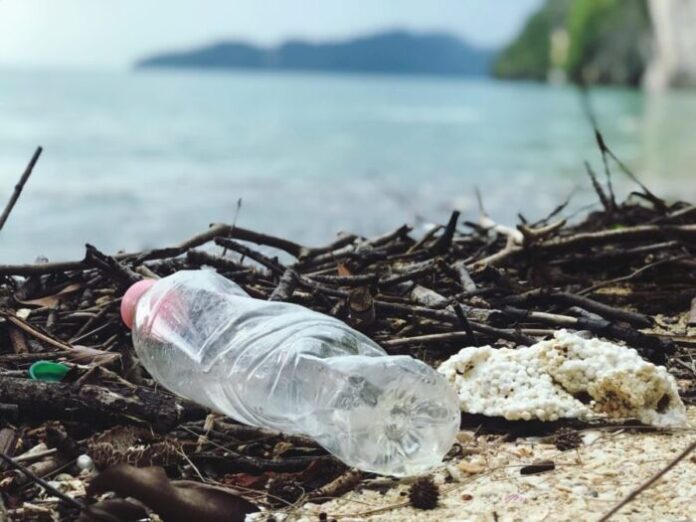
Plastic waste that pollutes beaches, seas and depths: an emergency that shows no sign of abating and, for this reason, Greenpeace has made available Plastic Radar, a tool that allows us to report the presence of plastic simply by sending a whataspp message. The service is available in Italy.
The environmental association explains how to participate in the Plastic Radar service: “If you find a plastic waste, all you have to do is send a photo of this refusal to the Greenpeace number +39 342 3711267 via the Whatsapp. We ask you to send a photo in which this refusal is easily recognizable, the brand of the producing company is visible and, possibly, to also forward the geographical coordinates of the place where the waste was found”.
The Plastic Radar service is managed by a chatbot which, after sending, will ask questions to find information and thus validate the report. The data will then be made available in aggregate form, over a period of 24-48 hours, on the website plasticradar.greenpeace.it, where you can discover which are the most common categories of products and packaging that pollute the seas, beaches, rivers and lakes, to which types of goods belong and which are the companies that, more than others, usually use disposable plastic.
“Thanks to the recent ship tour in the Tyrrhenian Sea, we were able to verify that our seas and our beaches are continually suffocated by plastic – reveals Greenpeace – From the tour it emerged that one of the most polluted areas is the mouth of the Sarno: this discovery from a partly confirms that the rivers represent the main entry route for such waste into the sea, on the other it represents the fundamental reason why we have decided to start collecting also reports of the presence of plastic waste at lakes and rivers”.
The initiative, which was launched last year, has been enormously successful: more than 6800 reports were registered that helped the association shed light on the plastic waste mainly present in our seas.
“These were mainly disposable plastic products, primarily plastic bottles belonging to well-known brands such as San Benedetto, Coca Cola and Nestlè. These companies, in fact, continue to place huge quantities of disposable plastic on the market, without taking any responsibility for the correct recycling and recovery of materials. If we really want to stop plastic pollution in our seas it is therefore necessary that these companies immediately start programs to drastically reduce the use of packaging and disposable plastic containers”.
In the past few months Greenpeace also launched a petition – signed by more than one million people around the world – asking big brands like Coca Cola, Pepsi, Nestle, Unilever, Procter & Gamble, McDonald’s and Starbucks to drastically reduce the use of disposable plastic containers and packaging.
“Everyone’s cooperation is needed – concludes Greenpeace – because only together can we denounce what is happening and turn the spotlight on what appears to be one of the most serious environmental emergencies of our times”.



































